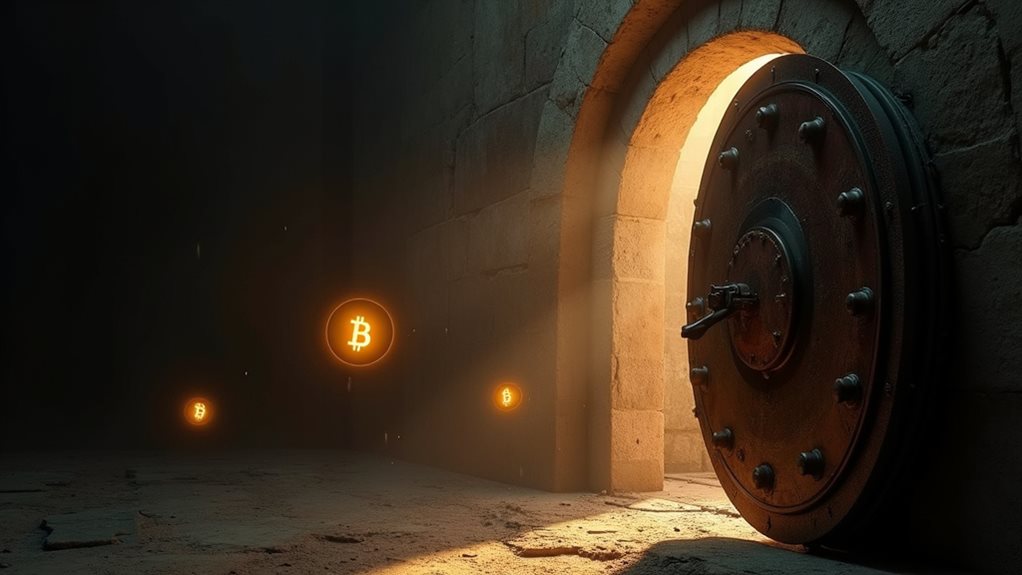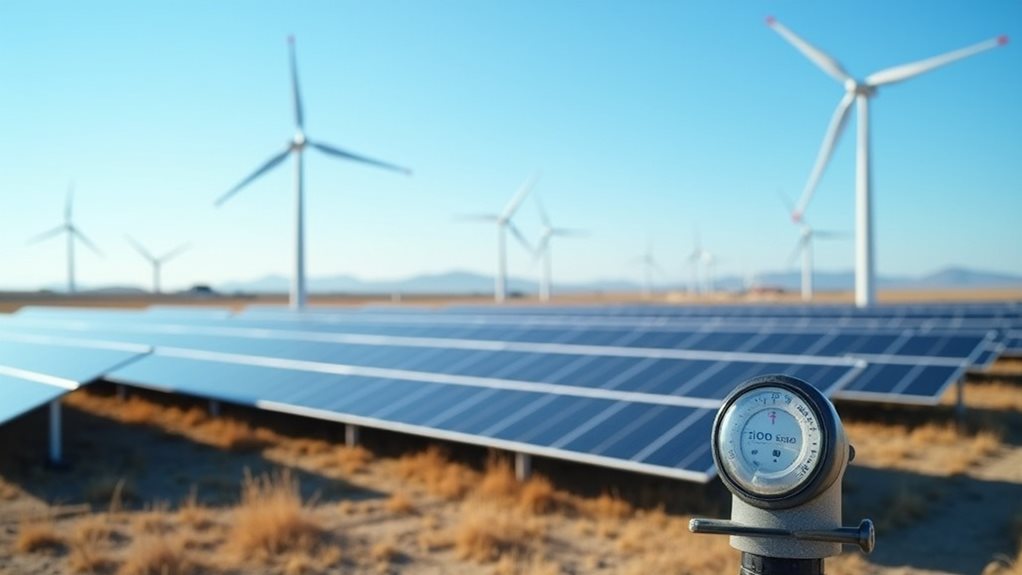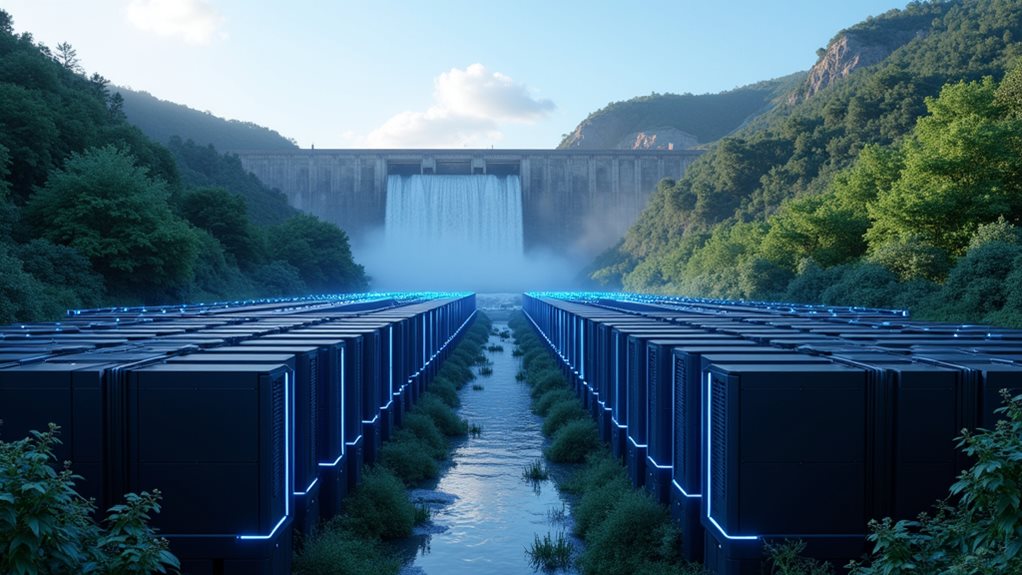ZOOZ, the Israeli flywheel startup formerly known as Chakratec, just scored $180 million to supercharge their kinetic energy storage tech for EV charging. Their flywheel systems store energy and release it for ultra-fast charging without expensive grid upgrades—pretty clever stuff. The company operates across Israel, Germany, the UK, and US, with aggressive expansion plans for North America and Europe. Bitcoin strategy? That’s mostly marketing noise. The real story involves their 200,000-cycle flywheels and how they’re positioning themselves at a critical infrastructure bottleneck.

ZOOZ Power just pocketed $180 million to supercharge its flywheel-based EV charging tech. The Israeli startup, formerly known as Chakratec Ltd before its 2021 rebrand, is betting big on kinetic energy storage to solve the EV charging nightmare.
Here’s the deal: ZOOZ’s flywheel system spins up to store kinetic energy, then releases it rapidly for ultra-fast EV charging. No massive grid upgrades required. The ZOOZTER-100 product basically tricks the grid into thinking everything’s fine while delivering power bursts that would normally require expensive infrastructure overhauls.
The company operates across Israel, Germany, the UK, and the US, but this funding round changes the game. ZOOZ plans aggressive expansion into North America, Spain, and Southern Europe. With EV adoption exploding and grid capacity lagging behind, someone had to figure this out.
With EV adoption exploding and grid capacity lagging behind, ZOOZ’s $180 million funding round changes the expansion game completely.
What makes ZOOZ interesting isn’t just the spinning wheels. Their tech integrates with renewable energy sources and provides real-time site optimization. When demand is low, the flywheel stores energy. When everyone plugs in simultaneously, it releases that stored power. Peak demand management, energy price arbitrage, grid outage backup—the works.
The numbers tell the story. ZOOZ holds over 26 approved patents with roughly 40 employees focused on R&D and commercialization. CEO Erez Zimerman leads the charge from their Lod headquarters, targeting commercial property owners, fleet operators, and municipal utilities.
Venture capital firms specializing in clean energy and technology backed this round. The $180 million will fund R&D expansion, boost production capacity, and accelerate market penetration. Because apparently, making EVs charge faster without breaking the electrical grid requires serious cash.
The flywheel approach solves multiple problems simultaneously. Charging station operators maximize site power usage, defer costly grid upgrades, and improve profitability through energy arbitrage. Multiple simultaneous ultra-fast charges become possible without the utility company having a meltdown. The technology extends the operational lifecycle of charging equipment while reducing maintenance requirements across deployment sites. The system delivers up to 200,000 cycles before requiring replacement, significantly outperforming traditional battery-based solutions.
ZOOZ trades on NASDAQ under ticker ZOOZ. Founded in 2013, the company positioned itself at a critical infrastructure bottleneck. As EV fleets grow and public charging networks expand, someone needs to prevent the grid from collapsing under demand. ZOOZ thinks spinning wheels might just do the trick.








